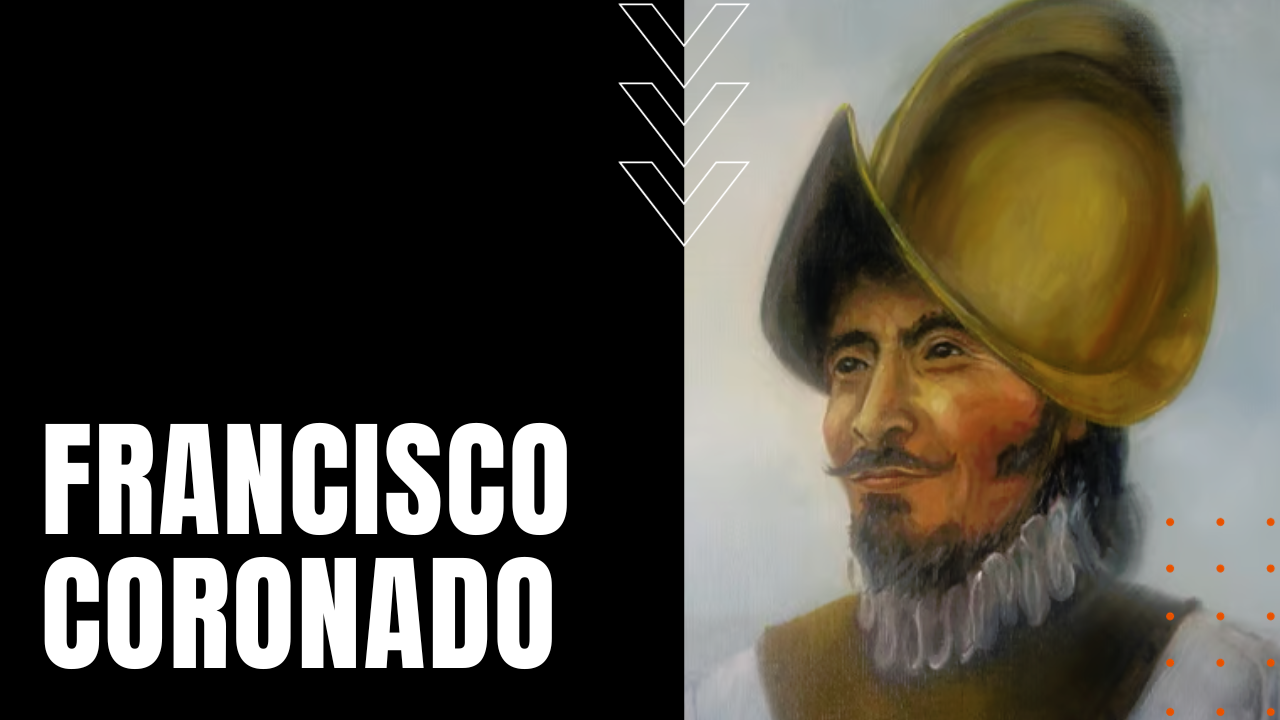Francisco Coronado

Born in 1510 Salamanca Spain, Francisco Coronado’s status as a second son cut off any possibility of inheriting his family’s estate, prompting him to seek his fortune in the New World. Sailing for present-day Mexico in 1535, under Spanish viceroy Antonio de Mendoza, Coronado married the daughter of a former colonial treasurer, which earned him one of the largest estates in New Spain. Two years later, his successful put down of a rebellion by black slaves and Indians working in nearby mines landed him the governorship of present-day Jalisco, Nayarit and Sinaloa.
Seven Golden Cities
Early in 1540, the ever-ambitious Coronado learned of vast riches to the north, in the somewhat mythical Seven Golden Cities of Cíbola, convincing Mendoza to back him in an expedition made up of some 300 Spaniards and more than 1,000 Native Americans, setting off from Compostela for an arduous four-month trek to the first city of Cíbola, which proved to be the Zuni Pueblo town of Hawikuh in present-day New Mexico. When the Zunis resisted Spanish attempts to subdue them, the better-armed Spaniards forced the Zunis to flee, yet not before Coronado was wounded by a stone. Failing to locate Cíbola’s mythical riches, Coronado split his forces into smaller search parties, which resulted in a group led by García López de Cárdenas to become the first Europeans to sight the Grand Canyon, while a group led by Pedro de Tovar reached the Colorado Plateau.
Deemed a Failed Exploration
Wintering near present-day Santa Fe New Mexico, in the spring of 1541, despite repeated attacks by hostile Indians, Coronado explored the Palo Duro Canyon in present-day Texas, before leading a smaller group into present-day Kansas. Returning to Mexico in 1542, Mendoza publicly dismissed Coronado’s expedition as a failure, before opening two separate inquiries into Coronado’s conduct as a leader. Cleared of all charges, Coronado was stripped of his governorship in 1544, passing away a decade later from infectious diseases acquired on his expedition north, making the life and explorations of Francisco Coronado, a major contributor during the Age of Exploration.
